

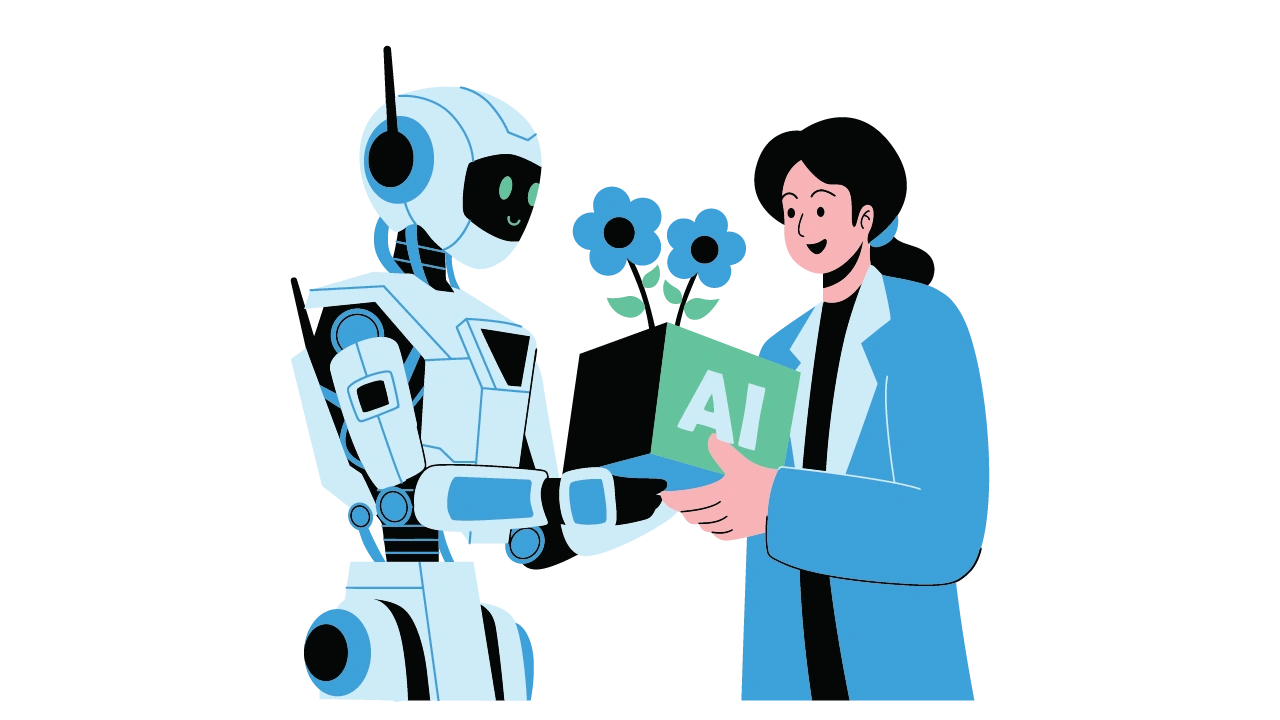
In today’s rapidly evolving work landscape, the arrival of Agentic AI in the workplace is shifting the way teams function, decisions are made, and work is delivered. No longer confined to being mere tools, advanced AI systems are beginning to exhibit traits associated with autonomy, decision-making, and initiative. They’re becoming more like colleagues - participating in workflows, managing tasks, and sometimes even interacting with clients or stakeholders.
This paradigm shift brings both opportunities and challenges for HR leaders, team managers, and employees alike. So how do we manage AI as a coworker? How do we redefine collaboration when one of your teammates is not human?
Let’s explore what agentic AI really means, how it is reshaping our workplaces, and what HR leaders must do to build future-ready, human-AI hybrid teams.
Unlike traditional AI, which relies on explicit instructions, agentic AI refers to systems that can operate with a degree of autonomy. These AI agents can perceive their environment, set goals, make decisions, and take action — all while interacting with humans and other systems.
This is no longer automation. This is collaboration.
Agentic AI in the workplace challenges our existing hierarchies, workflows, and accountability models. As it evolves, so must our understanding of human-AI teamwork.
Historically, AI has been treated as a backend assistant - crunching numbers, filtering resumes, or generating insights. But as AI matures into an agentic form, it begins to take on roles, not just functions.
Employees may find themselves working with AI, not just through AI. This redefines expectations of trust, communication, and shared goals.
So, is your organization ready to see AI not just as software — but as a stakeholder?
Managing AI as a coworker is a far cry from managing software licenses or tool integrations. The transition brings several challenges:
How do you define responsibilities between a human and an AI agent? Who is accountable when something goes wrong?
Employees may feel threatened, monitored, or devalued by AI coworkers. They may fear being replaced or outperformed.
Agentic AI, while autonomous, still reflects the data it’s trained on. If unchecked, it can reinforce systemic biases in hiring, promotions, or evaluations.
Who ‘manages’ the AI colleague? HR? IT? A dedicated AI supervisor? The absence of clear ownership can lead to ethical lapses and inefficiencies.
These challenges demand thoughtful strategies, inclusive policies, and HR leadership in the AI era.
HR has a pivotal role in AI integrationin the workplace. From change management to policy-making, here’s how HR can lead the charge:
Instead of replacing jobs, HR should focus on reallocating responsibilities. What does collaboration with AI look like in a recruiter’s, analyst’s, or customer service executive’s role?
Design training programs that focus not only on tech literacy but also on collaboration with digital agents. For example:
Ensure transparent guidelines around:
This is critical to ethical AI in the workplace.
Communicate clearly that AI is a collaborator, not a Encourage curiosity, feedback, and co-creation between humans and machines.
Several forward-thinking companies are already experimenting with agentic AI in the workplace:
Airbnb's AI tools suggest pricing, optimize listings, and interact with hosts — taking decisions based on demand prediction and guest reviews. Their internal teams treat AI inputs seriously in strategic meetings.
Unilever uses AI in its recruitment funnel to assess candidates using video interviews and gamified assessments. HR managers then review and finalize — showcasing human-AI teamwork.
Autodesk’s AI designer, “Dreamcatcher,” suggests hundreds of product design options. Designers collaborate with the AI, using its output as inspiration or iteration base — proving AI can be creative too.
In all these cases, AI isn't merely assisting — it's participating.
Also Read : The Human-AI Workforce: A Strategic Shift for CHROs and CXOs in Small Businesses
As agentic AI becomes more prevalent, workforce planning must go beyond traditional training. It needs to prepare employees for:
Employees must learn to partner with systems that think, predict, and act. This demands a shift from control to collaboration.
Every employee — not just IT or data teams — should understand the basic logic behind AI decisions. This includes:
Leadership needs to accommodate non-human contributors. What does leadership mean when a part of your team is an AI agent?
Future-ready leaders must focus on synergy, strategy, and stewardship - rather than command-and-control.
Bringing agentic AI into the workplace isn’t just a tech upgrade — it’s a cultural transformation.
Ask yourself:
✅ Do your employees trust AI decisions?
✅ Are there clear boundaries and accountability systems in place for AI roles?
✅Has HR redefined job descriptions to include AI collaboration?
✅Are you investing in both AI capability and human empathy?
Managing AI as a colleague demands new skills, new mindsets, and a bold commitment to reinvent work.
The future of work is not human versus machine. It’s human with machine.
In this new world, HR leaders must act as translators — bridging the logic of AI with the empathy of humans. The organizations that thrive won’t be the ones with the most automation. They’ll be the ones with the best collaboration between humans and machines.
So, the next time you hear someone say, “AI is just a tool,” remind them — it’s not. It’s your colleague now.

In today’s rapidly evolving work landscape, the arrival of Agentic AI in the workplace is shifting the way teams function, decisions...
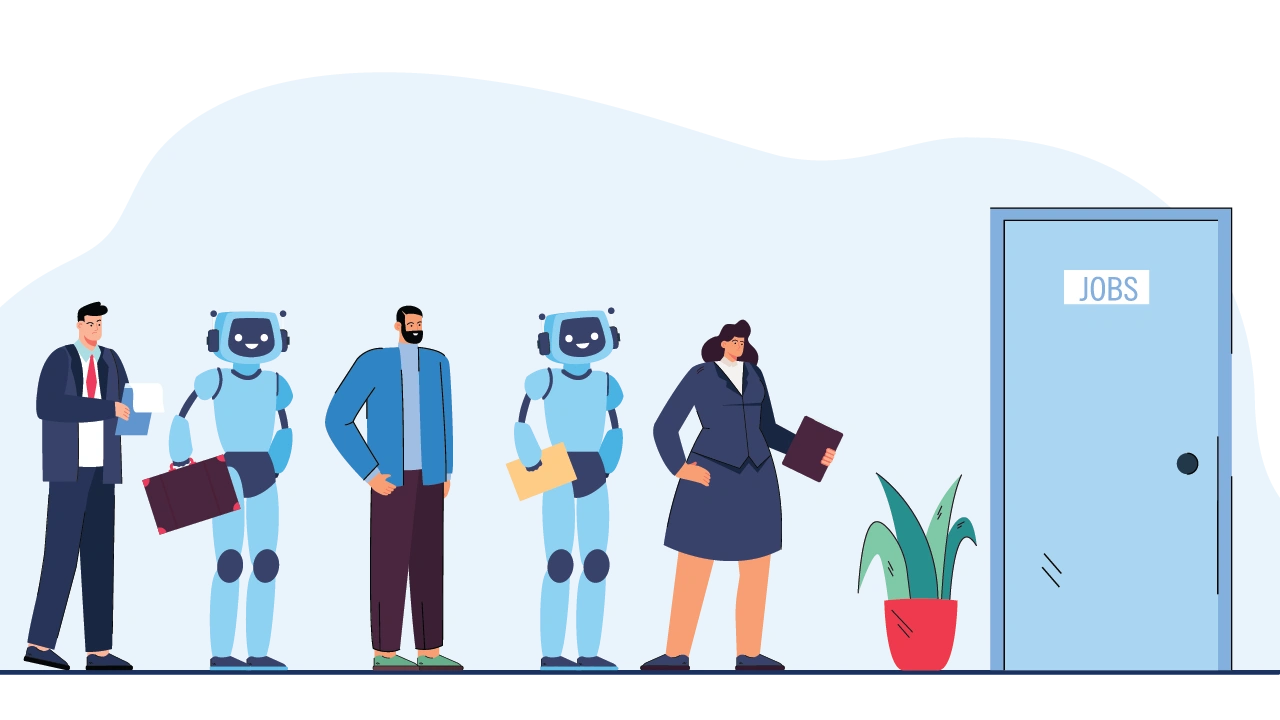
As artificial intelligence continues to reshape the workplace, a new frontier is emerging-one where human workers and AI agents...
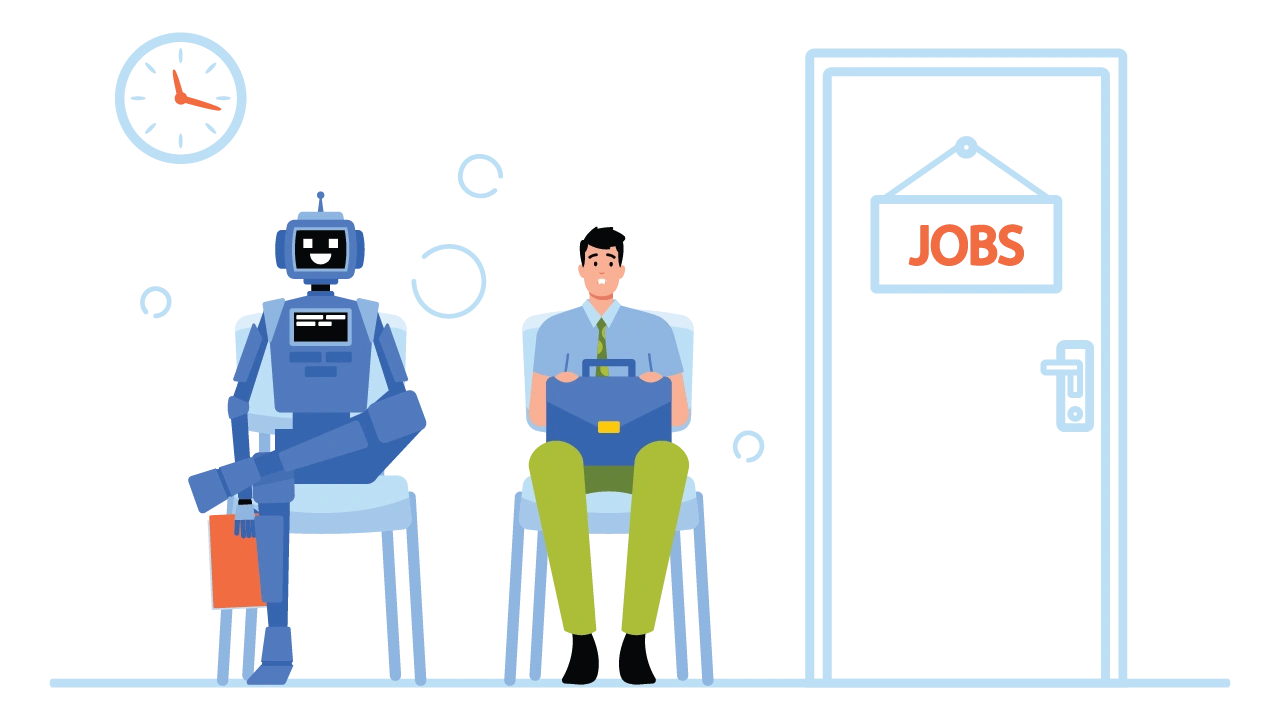
The “Future of Work” is no longer a distant vision—it’s today’s reality. In 2025, global organizations are navigating a landscape...
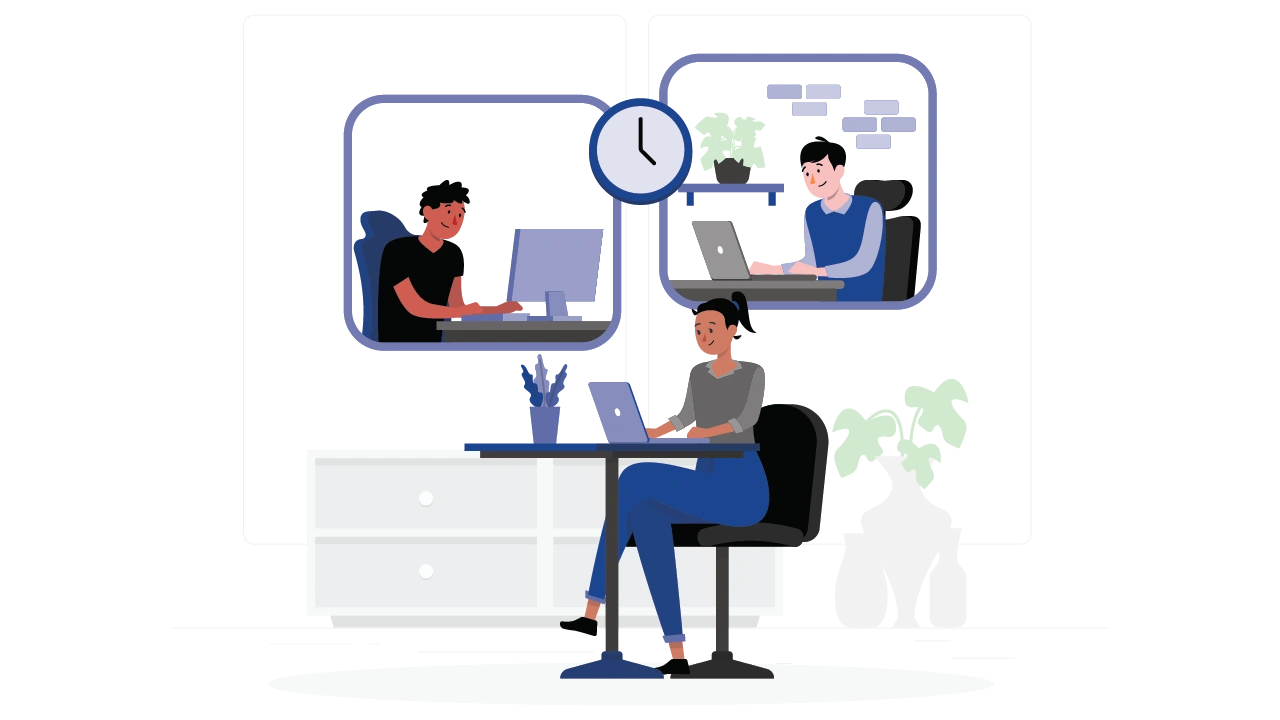
In a world where distributed teams are the norm rather than the exception, the role of culture is under the microscope like...
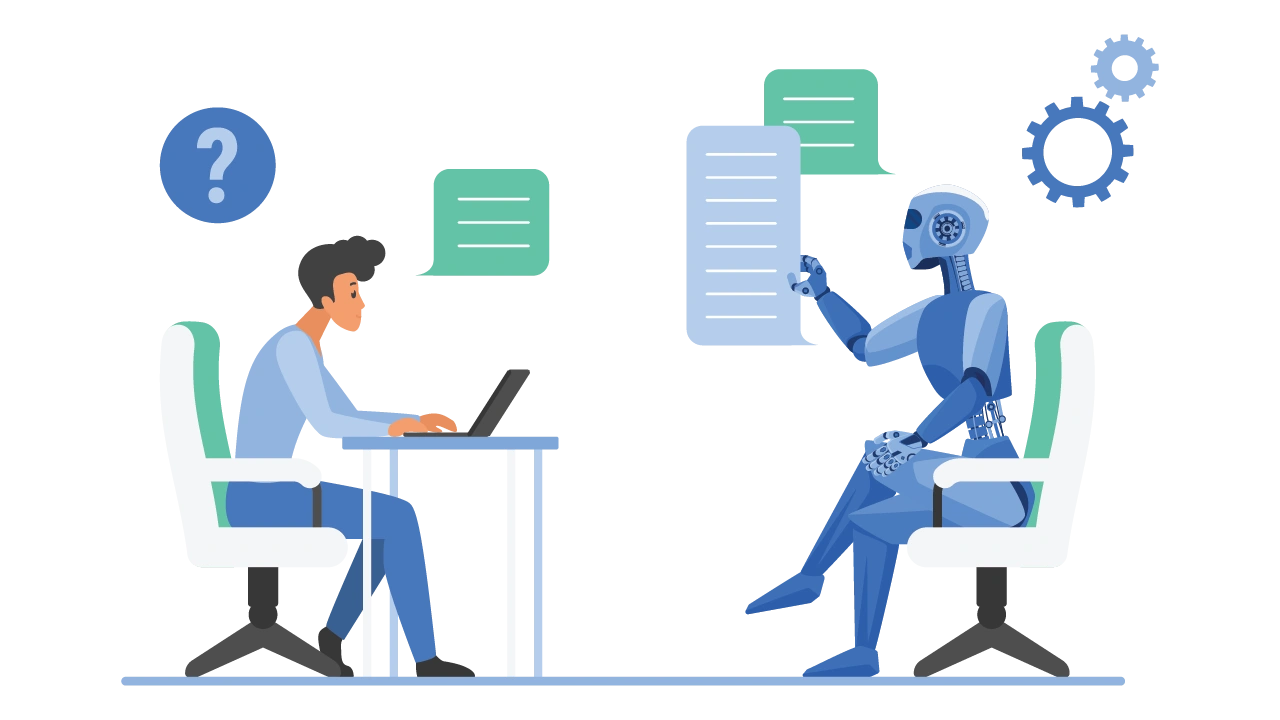
We hear about AI everywhere - from headlines about job losses to promises of supercharged productivity...
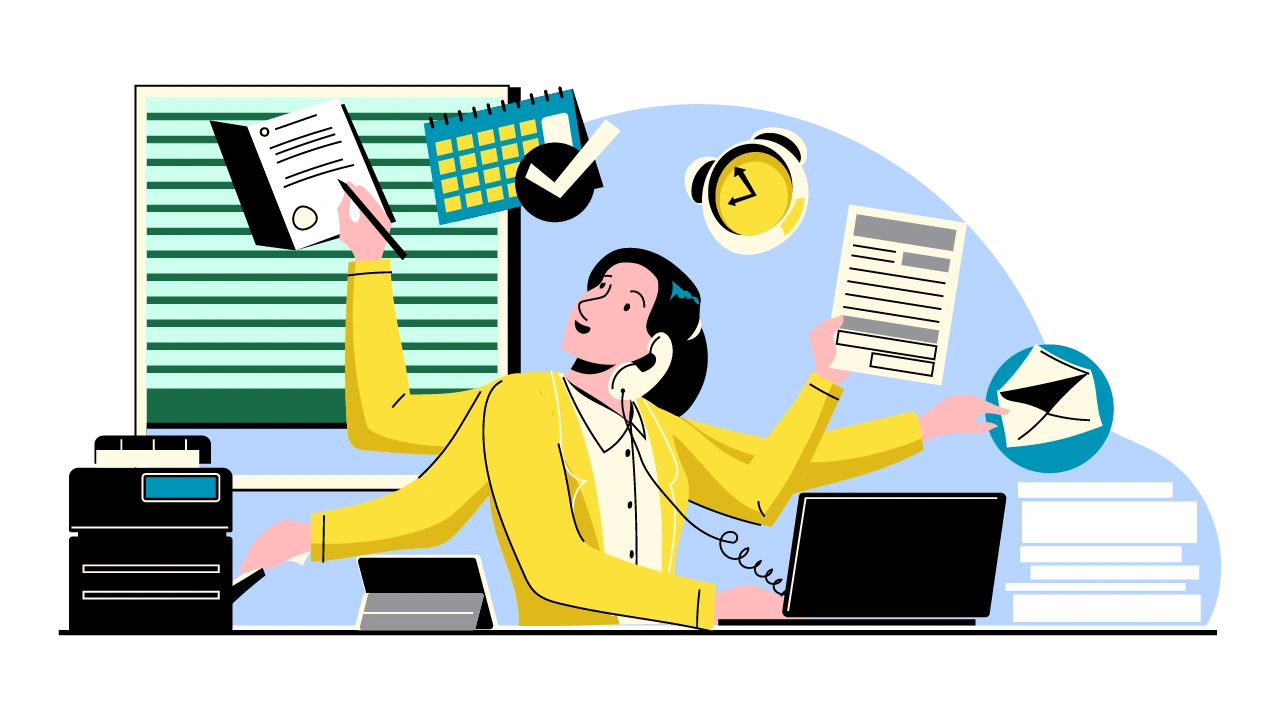
In today's dynamic and often unpredictable business landscape, growth is the ultimate aspiration for small and mid-sized enterprises (SMEs)...